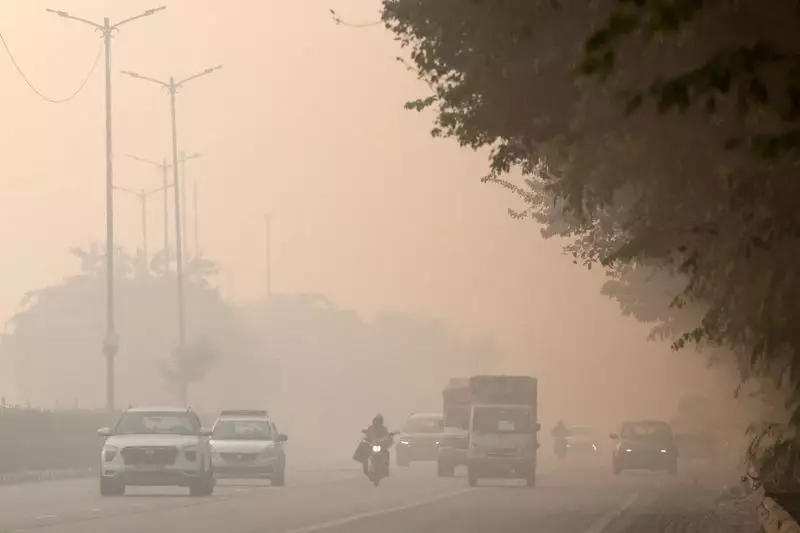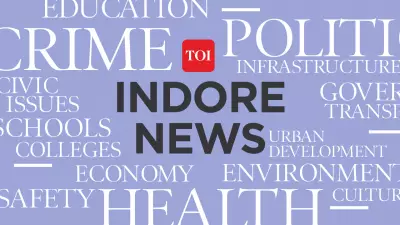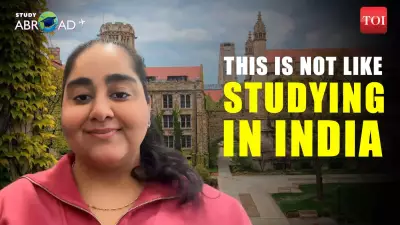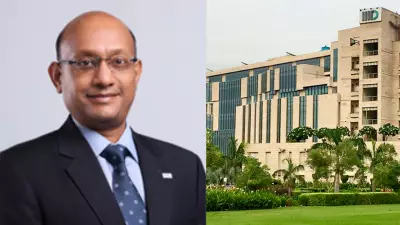
Delhi's education system has taken emergency measures as the capital grapples with dangerously high pollution levels. The city government has directed all schools to implement hybrid learning模式 for students in classes nursery through fifth grade, responding to the worsening air quality that has plagued the city.
Government Takes Swift Action
The decision came on November 3, following recommendations from the Delhi Pollution Control Committee. All schools in the national capital must conduct online classes for students up to class 5 until further notice, while maintaining the option for physical attendance for students in grades 6 through 12. This targeted approach recognizes the heightened vulnerability of younger children to air pollution's harmful effects.
Education Minister Atishi announced the directive after emergency meetings assessed the deteriorating environmental conditions. The move represents the first major educational disruption of the current winter season, signaling what many fear could be a prolonged battle against toxic air.
Understanding the Pollution Crisis
Delhi's air quality index has consistently registered in the 'severe' category, with readings exceeding 450 in multiple monitoring stations across the city. Meteorological conditions including reduced wind speed and dropping temperatures have created a toxic blanket over the region, trapping pollutants close to ground level.
The Commission for Air Quality Management has activated Stage III of the Graded Response Action Plan across the entire National Capital Region. This emergency protocol includes banning non-essential construction work and restricting the operation of BS-III petrol and BS-IV diesel vehicles.
Doctors and health experts have reported a significant increase in respiratory complaints among children, with many emergency rooms seeing young patients with breathing difficulties, persistent coughing, and eye irritation.
School Responses and Parent Reactions
Educational institutions across Delhi have swiftly implemented the hybrid learning model. School administrators are balancing academic continuity with health protection, ensuring that online classes maintain educational standards while keeping children safe indoors.
Many parents have expressed support for the precautionary measure, though some working parents face challenges arranging childcare. The school authorities have emphasized that physical attendance remains optional for older students, giving families flexibility based on their individual circumstances and proximity to school.
Medical professionals have strongly endorsed the decision, noting that children are particularly vulnerable to air pollution because their respiratory systems are still developing, and they breathe more air relative to their body weight compared to adults.
The government continues to monitor the situation closely, with officials indicating that normal school operations will resume only when air quality shows sustained improvement. Environment department representatives are coordinating with neighboring states to address the regional nature of the pollution crisis.





